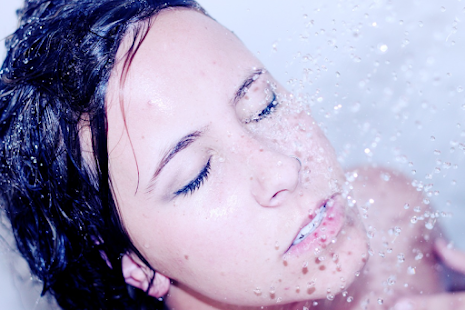Unveiling the Secrets of Homemade Therapy: A Natural Approach to Curing Dandruff
Dandruff, a common scalp condition characterized by the flaking of dead skin cells, can be a persistent and annoying issue for many individuals. While numerous over-the-counter products claim to combat dandruff, some individuals prefer a more natural and homemade approach to tackle this problem. In this blog post, we'll explore the secrets of homemade therapy for curing dandruff, embracing the power of natural ingredients to promote a healthier scalp.
Understanding the Causes of Dandruff
Before delving into homemade remedies, it's crucial to understand the underlying causes of dandruff. Common factors include dry skin, excessive oil production, fungal infections, and sensitivity to hair care products. By addressing these root causes, homemade therapies can effectively alleviate and prevent dandruff.
1. Tea Tree Oil Treatment
Tea tree oil, renowned for its antimicrobial properties, can be a potent weapon against dandruff. To create a homemade tea tree oil treatment, mix a few drops of tea tree oil with a carrier oil like coconut or olive oil. Gently massage the mixture onto your scalp, leaving it on for about 30 minutes before washing it out with a mild shampoo. The antimicrobial effects of tea tree oil can help combat the yeast responsible for dandruff, promoting a healthier scalp.
2. Aloe Vera Elixir
Aloe vera, known for its soothing properties, can be a game-changer in the fight against dandruff. Extract fresh aloe vera gel and apply it directly to your scalp, leaving it on for 20-30 minutes before rinsing it off. Aloe vera's anti-inflammatory and moisturizing qualities can relieve itching and flakiness while nourishing your scalp.
3. Yogurt and Lemon Mask
The combination of yogurt and lemon creates a potent homemade remedy for dandruff. Mix plain yogurt with a few drops of lemon juice and apply the mixture to your scalp. Leave it on for 20-30 minutes before washing it off with a mild shampoo. Yogurt's probiotics can help restore the balance of the scalp's natural flora, while lemon's acidity helps control excess oil and flakiness.
4. Apple Cider Vinegar Rinse
Apple cider vinegar (ACV) is renowned for its ability to restore pH balance and combat fungal infections. Create an ACV rinse by diluting it with water and applying it to your scalp after shampooing. Leave it on for a few minutes before rinsing thoroughly. The acidity of ACV helps maintain a healthy scalp environment, reducing dandruff and promoting shiny, healthy hair.
5. Neem Infusion
Neem, with its antifungal and antibacterial properties, has been used for centuries in traditional medicine. Boil neem leaves in water, strain the infusion, and let it cool. Use the neem water as a final rinse after shampooing. Regular use can help eliminate dandruff-causing fungi and bacteria, providing relief from itching and flaking.
Homemade therapies offer a natural and holistic approach to curing dandruff, addressing the root causes rather than just the symptoms. Experiment with these remedies and observe what works best for your scalp type. Remember to be consistent in your application, as natural treatments may take time to show noticeable results. Embrace the power of nature to achieve a dandruff-free, healthy scalp, and enjoy the confidence that comes with it.





